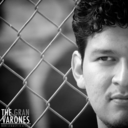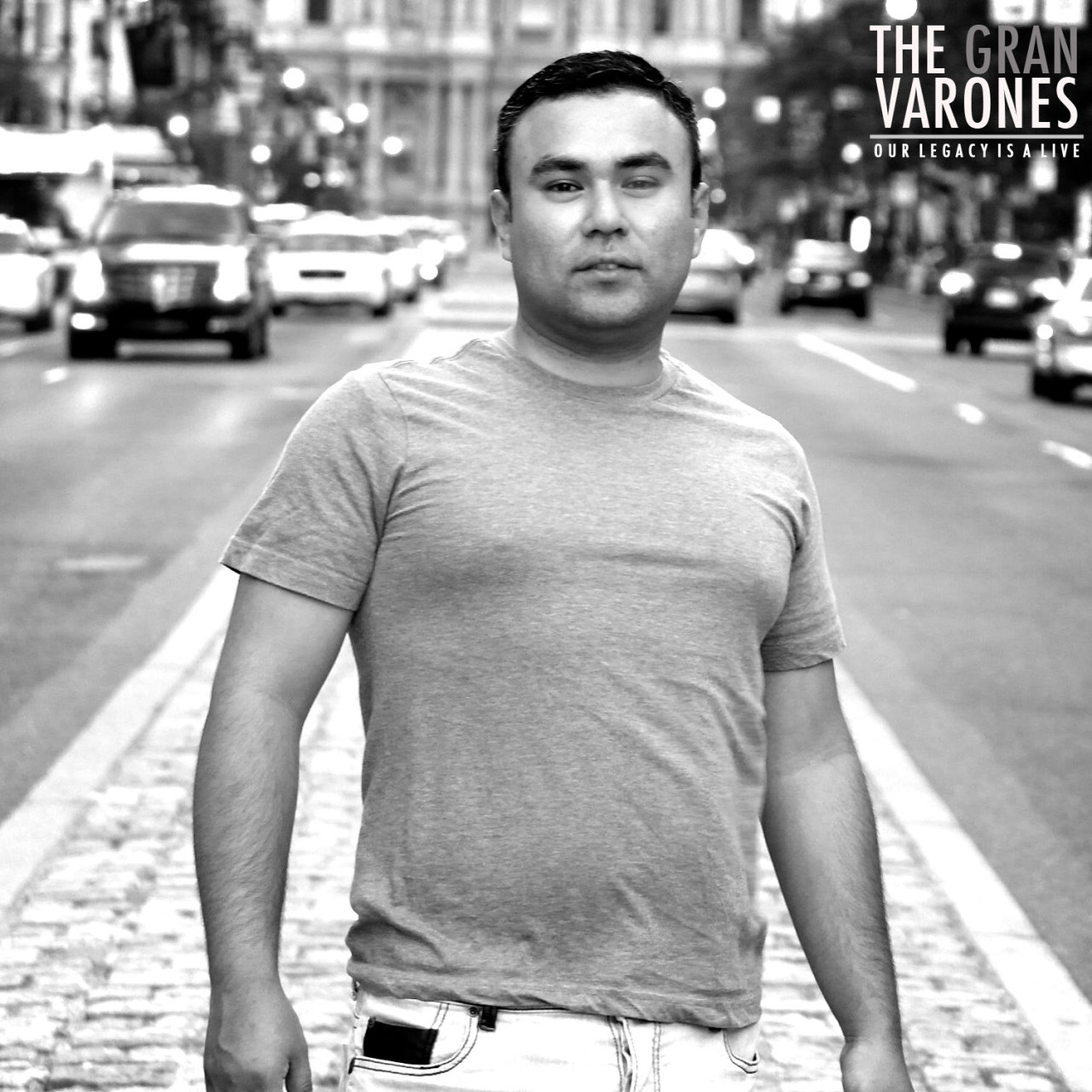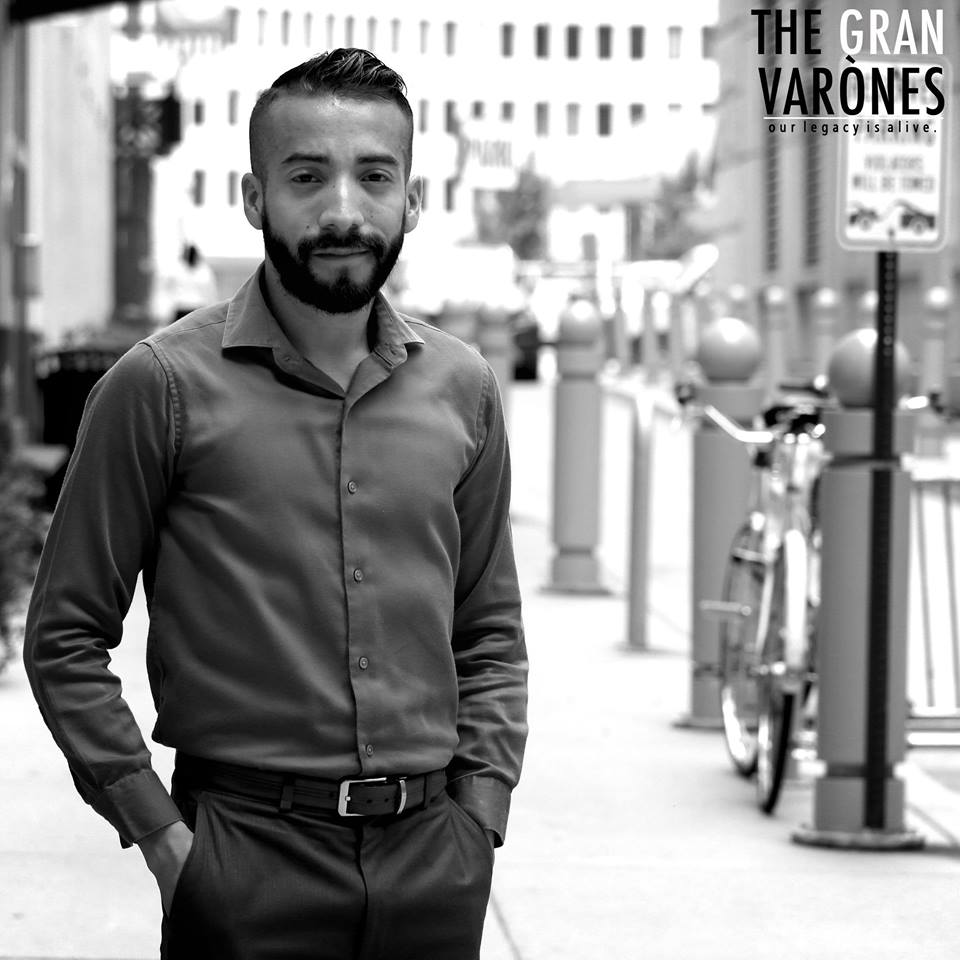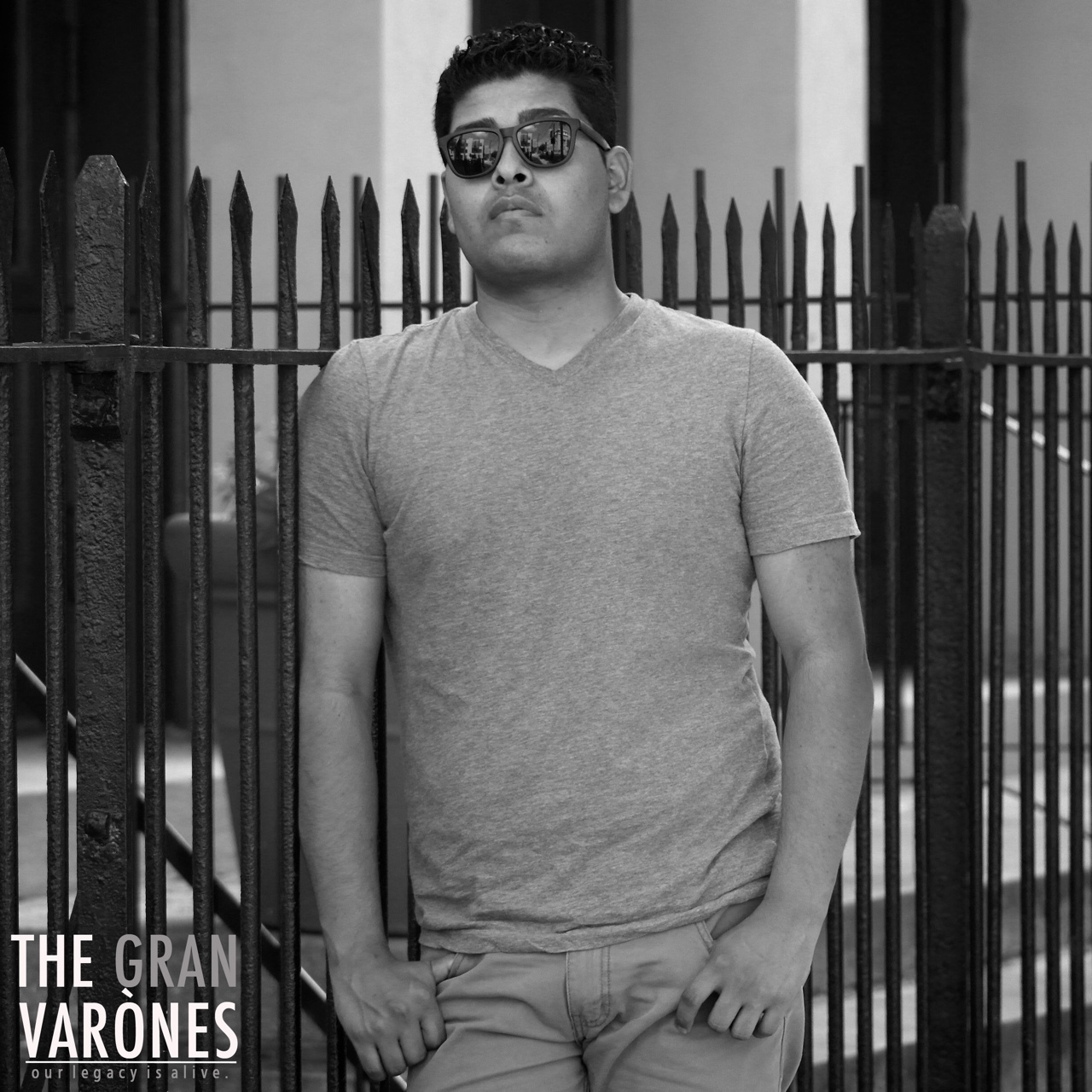OUR TONGUES ARE UNTIED
for years, black and latino gay men and men who have sex with men have been ringing the alarm on how HIV has been ravaging our communities. we have consistently been asked “where are the statistics? where are the numbers? where is the proof?” of course, our lives and experiences were never enough. we needed a government study to tell us what we already know. yesterday the proof arrived. are we surprised? fuck no! but that does not take the sting away.
according to a new CDC study,
1 in 2 black gay men and 1 in 4 latino gay men will become HIV-positive
if the current rate of infection continues. this shit means that black and latino gay men are more likely to contract HIV than white gay men. but
again, we have already known this – for years!
since the
release of this report, there been a few articles shining light on
this and rightfully so. unfortunately, most have them failed to include the voice and perspective of
latino gay men. this cannot continue. just because an advocate says “gay
men of color” does not give them permission to speak for us – we have
our own god damn voice. to prove this fact, here are the responses of latino
gay/queer* men to the CDC report. our tongues are untied.
“The thing that pisses me off is that I never get to read that study. Broad public health initiatives obviously help for reasons that, I bet, are less obvious. But here’s the kicker: whatever the result of *that* study, we can act on that information. What the hell am I supposed to do with the information that one in four gay Latinos are going to contract HIV? Stop being gay? Stop being Latino?”
Eddie Santiago Beck – Miami, Florida
“But yet people are getting black/brown $$$$’s to serve our community and all we see is increases in their salaries. I need federal and state funders to get up and pay attention. You can’t give money to an all white organization and expect them to step out their comfort zone (the office) and enter the ‘hood to talk to black/brown lives and hope they understand. Organizations can’t plaster white faces on programs that are meant to serve black/brown lives and hope they can get through to them. What does it look like a white individual walking through heart of North and West Philly and there first words are “HIV TEST.” My apologies, some people will never understand the culture differences. Start putting them millions of dollars back into the community and begin to build relationships within the community. I was taught that you never go to a gathering empty handed. There are bigger issues than an HIV test, like shelter, food, clothing and so much more.”
Luis Berrios, Philadelphia
“Like, “look! We’ve discovered this disparity! Just giving you a heads up!” But are they gonna fund programs specific to us? Lead by us? Designed by us? With faces that look like us so our general public will give a fuck? Wtf is actually going on though? Are we surprised? We’ve been telling people, usually white, that we’ve been in danger. This is fucking staggering. Half y’all, HALF, of black “MSM” projected to be diagnosed in their life time. And A WHOLE ENTIRE QUARTER of Latinos. I’m left to wonder where our Afro-Latino family falls.”
Ayden Castellanos - Rio Grande Valley, Texas
“Each community has a unique experience and we need to engaged in those communities and those disproportionately impacted by HIV. 1 out of 4 Latino gay men will be diagnosis with HIV in their lifetime. We need to assure inclusion at all levels with engagement strategies tailored to those unique needs and the reality we face as Latino gay men living in America.”
Richard LaBoy – Philadelphia, Pennsylvania
“The CDC is always making vast statistics about black and Latino men. But what pisses me off more is that they don’t fuckin aid in the fight to end the rising numbers. How many proposals, or research projects does the CDC need to show that we aren’t receiving the same amount of care and attention that is needed? Why is the CDC and AACO funding these organizations that aren’t doing a damn thing for us until it is too late? Why are we celebrating the accomplishments of individuals who have stated they won’t go into North Philly or test Latinos because of a simple solution to a language barrier problem? It’s fuckin ridiculous! Most researched never have never stepped into the ‘hood. They never do the ground work but they can sit in their offices creating statistics.”
Xander Lopez, – Philadelphia, Pennsylvania
“Someone posted the picture of the CDC Report on Instagram and he asked for thoughts and a lot of people gave heated and emotional responses. Well, one guy put a great comment that sticks in my mind when I hear these statistics. He said something to the affect about how we should not just get pissed at the connotations in the statistics but use it as a driving forces to create a better society for ourselves. One in which we feel free to discuss openly about HIV with our partners, family, and communities without fear and stigma because that in the end will bring those rates down. That stays with me.”
Anthony Leon – Philadelphia, Pennsylvania
“These statistics DO NOT mean that we have failed ourselves. These statistics mean that the system and prevention services have FAILED us. We Latino and Afro-Latino gay men are NOT “hard to reach.” We are reaching out to each other, building community and providing whatever support needed to sustain ourselves - and with very little and limited resources.”
Louie A. Ortiz-Fonseca, Washington, DC




